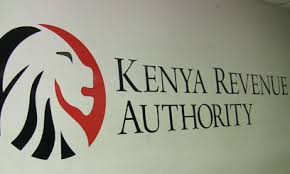The Kenya Revenue Authority (KRA) has faced a legal setback after the High Court dismissed its application to suspend a judgment annulling the 2019 stamp duty exemption on the merger between NIC Group PLC and Commercial Bank of Africa (CBA).
Justice Chacha Mwita ruled that KRA had not shown any risk of irreparable loss if the judgment were executed pending appeal. “The application is declined and dismissed,” the court noted. The judge emphasized that KRA, as a financially stable public entity, could refund any monies should the appeal later succeed.
“Whether the court was right in its decision are issues to be determined by the appeal court. They cannot do a self-assessment, especially on constitutional invalidity,” Justice Mwita added.
Earlier this year, the High Court had declared the stamp duty exemption unconstitutional, illegal, and in violation of Section 106(1) of the Stamp Duty Act and Article 201 of the Constitution, which governs public finance principles. Legal Notice No.112 of June 26, 2019, issued by the National Treasury to exempt instruments related to the NIC–CBA merger, was also deemed invalid.
The ruling implies that the merger parties may now be required to pay stamp duty potentially running into hundreds of millions of shillings unless the Court of Appeal intervenes to stay or overturn the decision. KRA has confirmed its intention to appeal the High Court’s judgment.
The case was filed by Senator Okiya Omtatah, who argued that the exemption violated constitutional provisions as it lacked parliamentary authorization and failed to justify the waiver on public interest grounds. The respondents maintained that the exemption was lawful under Section 106 of the Stamp Duty Act, following the National Treasury’s recommendation.
This judgment marks a significant legal and financial blow to both KRA and the institutions involved in the high-profile merger, highlighting ongoing scrutiny over government-issued tax exemptions.

